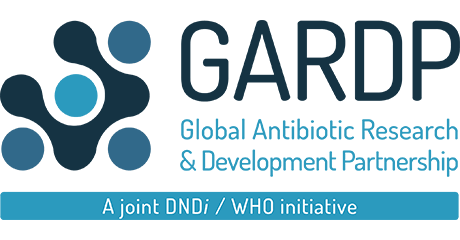COVID-19 and why tackling the silent crisis of drug-resistant infections matters more than ever
The spectre of an infectious disease pandemic killing tens of thousands of people across the globe is no longer a theoretical nightmare scenario. The World Health Organization’s ‘Disease X’ is here and despite consistent efforts by WHO and others to keep the political focus on this threat, the world has been caught largely unprepared.
If there are lessons already to be learned from the coronavirus disease (COVID-19) pandemic, it is that too many political decisions are based on short-term thinking that ignores laws of nature. Biology dictates how organisms evolve, particularly when we put pressure on them. With our growing advances into the previously undisturbed natural world, viruses will continue to jump into human populations with devastating impact. It also means that with the large scale and inappropriate use of antibiotics, bacterial infections will become increasingly drug-resistant. Importantly, this includes those associated as secondary infections to novel viruses.
The link between COVID-19 and drug-resistant infections is more troubling than many realize. Antibiotics, while not effective against viruses, are being used frequently in people with COVID-19 to prevent or treat suspected or confirmed secondary bacterial infections. According to an early study from China, secondary infections causing bacterial pneumonia, bloodstream infections, sepsis and hospital-acquired infections were present in half of all deceased COVID-19 patients.
AMR NEWS
Your Biweekly Source for Global AMR Insights!
Stay informed with the essential newsletter that brings together all the latest One Health news on antimicrobial resistance. Delivered straight to your inbox every two weeks, AMR NEWS provides a curated selection of international insights, key publications, and the latest updates in the fight against AMR.
Don’t miss out on staying ahead in the global AMR movement—subscribe now!







